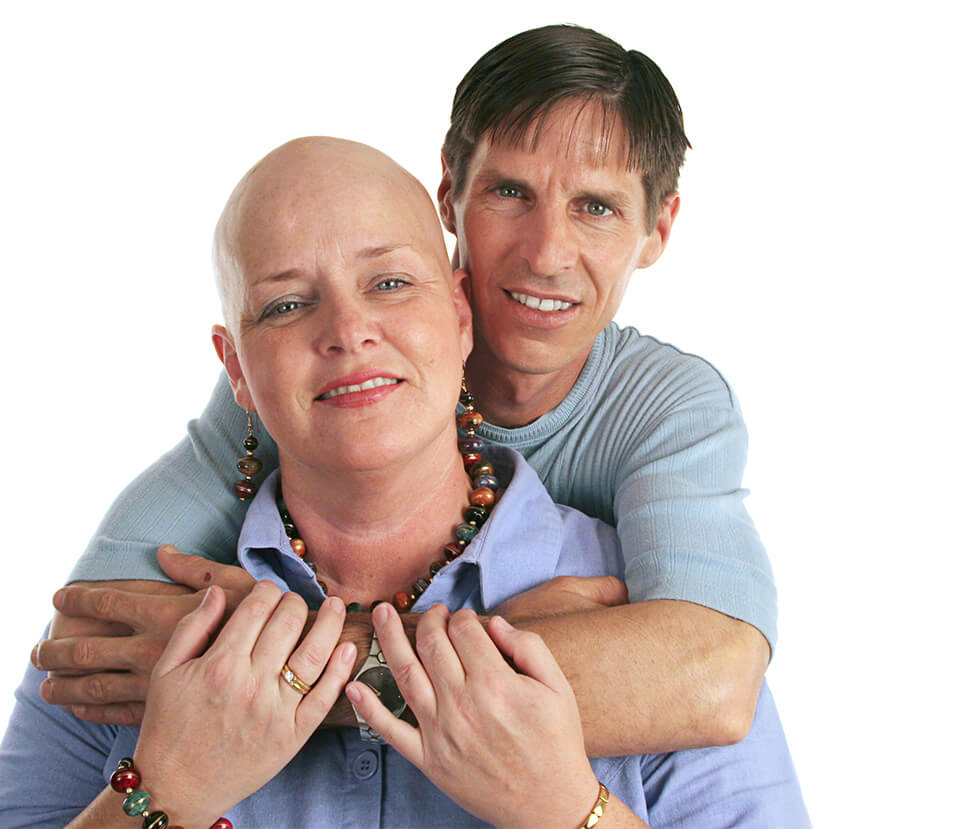Cancer treatment is a formidable journey that demands physical, emotional, and mental resilience. As survivors emerge from this battle, they often find themselves contemplating the road to recovery and the choices that will shape their post-treatment life. One of the most powerful tools in this journey is a balanced and nourishing diet. The effects of a good diet extend far beyond the nutritional benefits, encompassing physical well-being, psychological strength, and a renewed sense of control. In this article, we will explore the profound impact of a wholesome diet on life after cancer treatment, highlighting its potential to foster healing, restore vitality, and provide hope for a brighter future.
1. Restoring Physical Well-being
Cancer treatment can take a toll on the body, leaving survivors grappling with a range of side effects such as fatigue, muscle weakness, and compromised immune function. A well-rounded diet rich in nutrients is crucial for restoring physical health. Incorporating a variety of fruits, vegetables, whole grains, lean proteins, and healthy fats provides the body with the necessary building blocks to repair tissues, bolster the immune system, and regain strength. Nutrients such as vitamins, minerals, and antioxidants not only aid in recovery but also reduce the risk of secondary health issues that may arise post-treatment.
2. Managing Long-term Side Effects
Survivors often face long-term side effects of cancer treatment, such as neuropathy, weight changes, and digestive issues. A tailored diet plan can help manage these challenges. For example, foods rich in antioxidants and anti-inflammatory properties can alleviate nerve pain, while balanced portions and mindful eating can prevent unwanted weight fluctuations. Moreover, incorporating probiotics and fiber-rich foods can support gut health and alleviate digestive discomfort.
3. Boosting Emotional Resilience
The emotional aftermath of cancer treatment can be as significant as the physical impact. A nourishing diet plays a pivotal role in bolstering emotional well-being. Nutrients like omega-3 fatty acids found in fatty fish, walnuts, and flaxseeds have been linked to improved mood and cognitive function. Similarly, whole grains and lean proteins contribute to stable blood sugar levels, preventing mood swings and enhancing mental clarity. By providing the body with the right nutrients, survivors can better cope with anxiety, depression, and stress that might arise during the recovery phase.
4. Empowering a Sense of Control
Cancer treatment often leaves survivors feeling like they have lost control over their bodies and lives. Adopting a healthful diet offers a tangible way to regain a sense of control. Making conscious choices about what to eat, how to prepare meals, and understanding the nutritional content of food empowers survivors to actively participate in their recovery journey. This newfound sense of agency can positively impact their overall outlook and foster a renewed sense of hope.
5. Reducing the Risk of Recurrence
A diet rich in whole foods can play a pivotal role in reducing the risk of cancer recurrence. Some studies suggest that certain dietary patterns, such as the Mediterranean diet or a plant-based diet, may have protective effects against certain types of cancer. These diets emphasize foods high in antioxidants, fiber, and healthy fats, which collectively support the body's ability to fight off abnormal cell growth and inflammation.
6. Fostering Social Connections
Sharing meals has always been a way for people to connect and bond. Embracing a healthful diet can encourage survivors to engage in social activities, thus combatting feelings of isolation that may arise post-treatment. By cooking and sharing meals with loved ones, survivors can forge deeper connections and regain a sense of normalcy in their lives.
7. Inspiring Others
Survivors who make positive dietary changes become beacons of hope for others facing similar challenges. By demonstrating the transformative effects of a wholesome diet on their own lives, they inspire fellow survivors to make healthier choices and embark on their own paths to recovery. This ripple effect creates a supportive community that uplifts and motivates individuals to prioritize their well-being.
Life after cancer treatment is a phase of renewal and rebuilding, and diet plays a pivotal role in this transformative journey. A well-balanced and nourishing diet can restore physical well-being, alleviate long-term side effects, boost emotional resilience, empower a sense of control, and reduce the risk of recurrence. Beyond the physiological benefits, adopting a healthful diet fosters connections, inspires others, and opens up a world of possibilities for survivors. As science continues to unravel the intricate relationship between diet and recovery, survivors can harness the power of nutrition to not only heal their bodies but also to reignite their lives with vitality, purpose, and hope.

